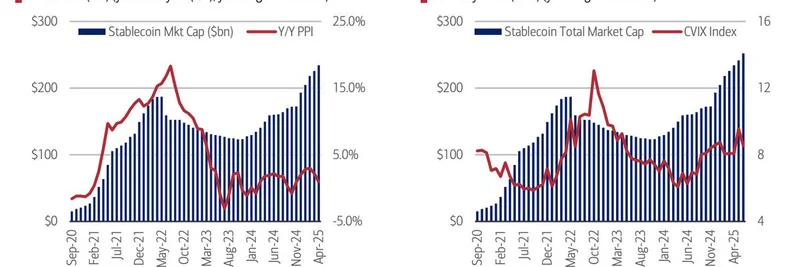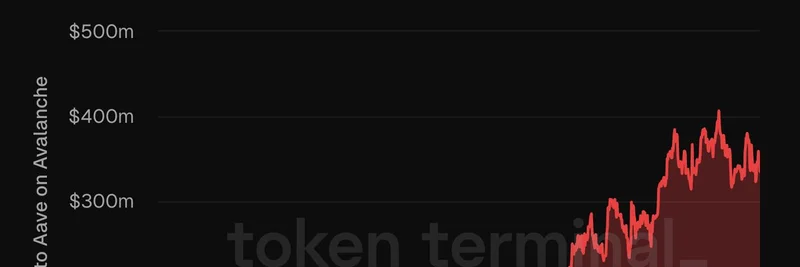What is PEPE2.0?
PEPE2.0 is a meme-inspired cryptocurrency that launched in mid-2023 as a self-styled “sequel” to the original PEPE. It runs primarily as an ERC‑20 token on Ethereum under the contract 0x0305f515fa978cf87226cf8a9776d25bcfb2cc0b, with an additional bridged version on BNB Chain. The pitch: lean into decentralization, keep taxes low, and grow through community momentum while exploring future utilities like NFTs and payments.
Helpful links:
- Etherscan (ETH): 0x0305f515fa978cf87226cf8a9776d25bcfb2cc0b
- Official site: pepe20.vip
- CoinGecko overview: PEPE2.0
Note: Same-name tokens can exist on other chains. This article focuses on the Ethereum contract above.
Why it exists
Like most memecoins, PEPE2.0 is driven by culture and community rather than a complex utility stack at launch. The team positioned it as a fairer, more accessible evolution of earlier meme tokens, emphasizing:
- Decentralization via renounced ownership
- A simple, low-tax structure
- Potential future use cases (e.g., NFT minting, payments)
Tokenomics at a glance
- Standard: ERC‑20 on Ethereum (BEP‑20 on BNB Chain via bridge)
- Taxes: 1% buy, 1% sell (no extra transfer tax reported)
- Ownership: Contract ownership renounced (community-centric)
- Decimals: 18
Supply notes (why sources differ):
- Many trackers list the Ethereum supply around 469,000,000,000,000 PEPE2.0 (469T).
- Some early references cite a 420.69T “meme supply,” which likely reflects initial branding rather than the commonly reported current circulating amount.
- In short: expect slight discrepancies across data providers; most now show ~469T on Ethereum.
References: CoinGecko, Bybit price page, ApeSpace token page.
Contract and security
- Verified source on Etherscan (Solidity 0.8.x; MIT license)
- No proxy/upgrade hooks reported
- No blacklist or mint functions indicated; transfers are not pausable
- Honeypot risk reported as low by community scanners
Useful reads:
- Etherscan code: View source
- ApeSpace safety summary: ApeSpace
As always, absence of a formal third‑party audit means you should DYOR and size risk accordingly.
Market snapshot (as of Aug 24, 2025)
Because different data aggregators sample different exchanges and time windows, numbers can vary. Recent ranges:
- Price: ~$0.0000000087–$0.000000009
- 24h volume: ~$60K–$470K
- Market cap: ~$4.0M–$4.3M
- ATH: Reported between ~$0.000000062692 and ~$0.00000088993 depending on source and pair (dates vary from July 2023 to Feb 2024)
- ATL: Commonly cited around ~$0.000000005163–$0.00000000320
Sources:
- CoinGecko overview
- Bybit price page
- CoinMarketCap variant listing
- KuCoin price page
- TradingView pair references
- CoinLore overview
Where to trade PEPE2.0
Centralized exchanges (selection):
Decentralized exchanges:
Pro tip for tracking and trading:
- Explore real-time analytics, wallet flows, and trade execution on gmgn.ai, which surfaces meme token activity across chains.
Liquidity and holders:
- ETH-side liquidity is in the hundreds of thousands of USD across DEX pools; BNB-side liquidity is smaller.
- Holders (approx.): ~11.5K on Ethereum; dozens on BNB Chain.
- References: Etherscan holders, BscScan token, CoinBrain liquidity view.
Multichain notes
- Primary network: Ethereum (ERC‑20)
- Bridged network: BNB Chain (BEP‑20), often via ChainPort
- The BNB version typically shows a much smaller supply and lower trading activity, making Ethereum the main liquidity venue for most participants.
Community and comms
- Twitter (X): @pepe2coineth
- Telegram: @Pepe2Portal
Community sentiment trends bullish on some trackers, though engagement can ebb and flow with market conditions.
Roadmap signals
Public statements and listings suggest focus areas:
- Utility exploration (NFTs, payments)
- More exchange listings
- Marketing and influencer partnerships
- Continued multichain accessibility
Execution on tangible utility will be key to sustaining interest beyond meme momentum.
Risks to consider
- Volatility: Memecoins can swing wildly on narratives and liquidity.
- Data gaps: Inconsistent supply/ATH figures across trackers can cause confusion—cross‑verify sources.
- Utility lag: Most current demand is trading-driven; real-world uses are still developing.
- Concentration: Lack of anti‑whale mechanics may leave prices sensitive to large holders.
- Regulatory: Policy shifts can affect listings, liquidity, and access.
None of this is financial advice; always do your own research and never risk funds you cannot afford to lose.
Quick start checklist
- Verify the contract: Etherscan
- Compare prices/liquidity across venues: CEXs listed above, Uniswap, PancakeSwap
- Track flows and taxes before buying: gmgn.ai
- Start small, use limit orders where possible, and monitor slippage on DEX trades
Further reading:



